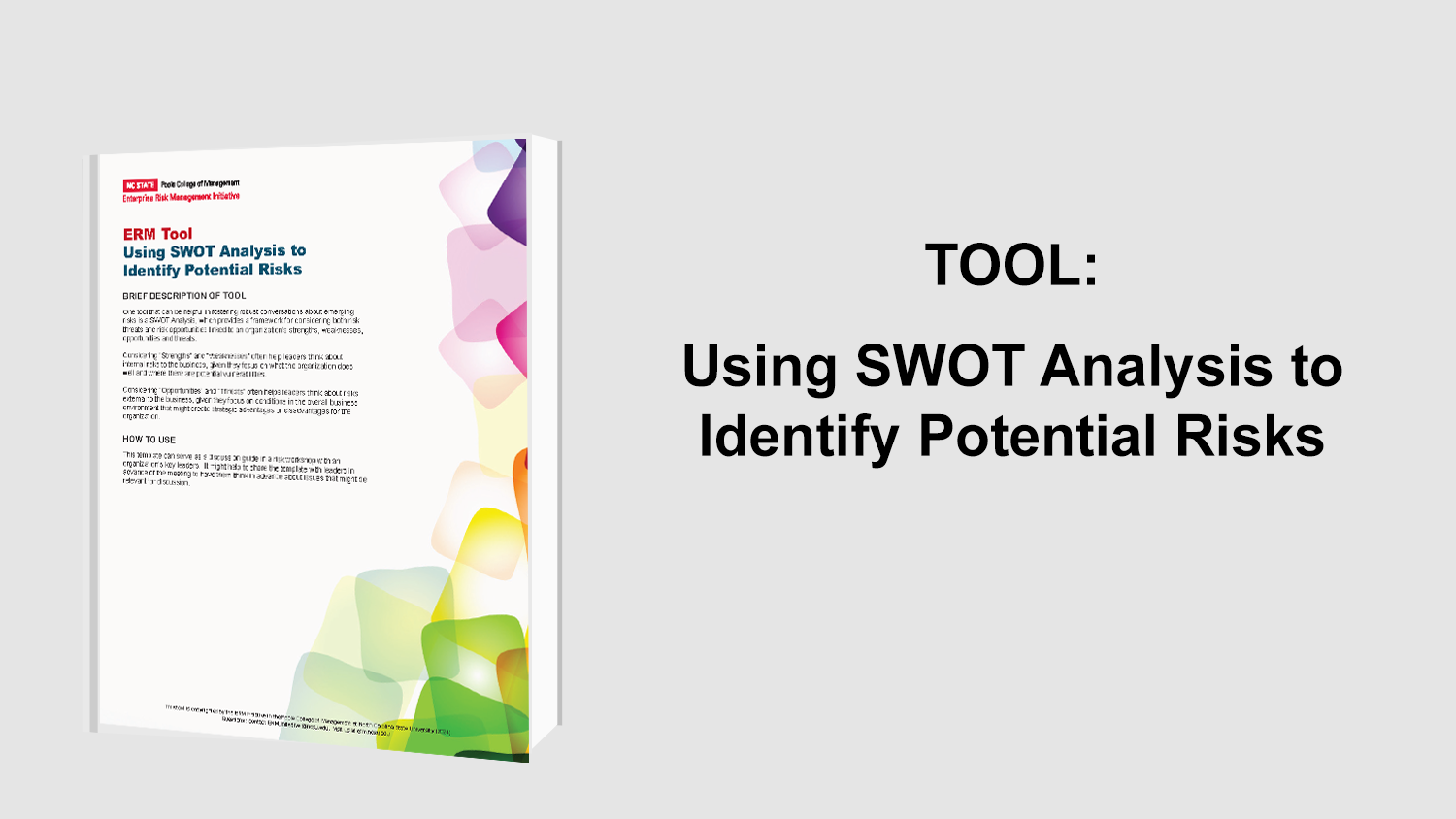Finding Your Strategy in the New Landscape
The global impact of the economic crisis has begun to shape several new aspects of business today, especially the management of international firms. A recent Harvard Business Review article argues that international firms must begin to take a looser approach to global strategy and organization and diversity must be increased at all levels of management while maintaining key goals and values in a corporate culture that defies national borders. Below are examples of how these firms can begin to reshape their business models to achieve success in a post-crisis economic world by managing risks associated with more aggressive international strategies.
Strategy and Competition
Most of the international community has envisioned a world where business is becoming more integrated and has focused strategies on keeping up with this integration. However, the economic crash quickly brought to light that differences among nations remain pronounced and should instead be embraced as such. Rather than putting blind faith in foreign investments to create returns, firms will need to address that risk by spending more time and attention selecting where and when they should invest in foreign opportunities. Additionally, the growth in foreign nations such as China will quickly create new competitors in unfamiliar markets that will require close consideration.
Markets and Products
International firms will need to focus on three main changes in customers and products:
- Shift customer targeting away from urban elite only to include more geographies, channels and income levels.
- Repositioning will be required due to pricing pressures that are forecasted only to intensify.
- Develop products and services that are better suited for the different geographic locations where they are being sold.
Operations and Innovations
While significant off-shoring is likely to continue, supply chains will need extensive reconfiguring to become shorter, simpler and more robust. Additionally, the flow of innovation in operations has begun to reverse. Instead of sending older technology to less-developed companies, organizations are finding these plants are able to handle higher-automated processes. Product development and innovation based in emerging markets is also becoming more popular with high-tech companies like Intel. They are leading the way by utilizing the strong talent available in India in research and development.
Organization and People
Rather than continuing towards a fully integrated international approach, some companies may want to give more power to managers in separate countries in order to take better advantage of foreign opportunities and achieve a clearer understanding of that country’s conditions. This will cause the need for more diversification in management at all ranks. Also, better communication technologies will be required as management is spread out more geographically.
Identification and Reputation
As international business becomes more complex and localized, it’s important to maintain a firm identity that reaches all nations through the open communication of values and leadership development. It’s also key to continue to improve overall business reputations considering the low morale in the economy since the crisis.
Click below to access link to article
Original Article Source: “Finding Your Strategy in the New Landscape,” Harvard Business Review, March 2010
- Types:


